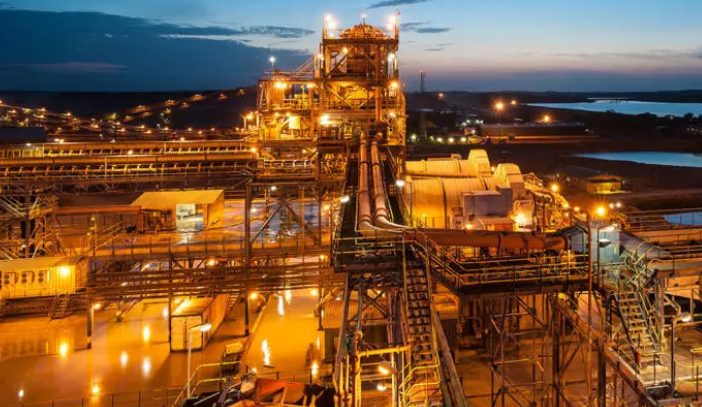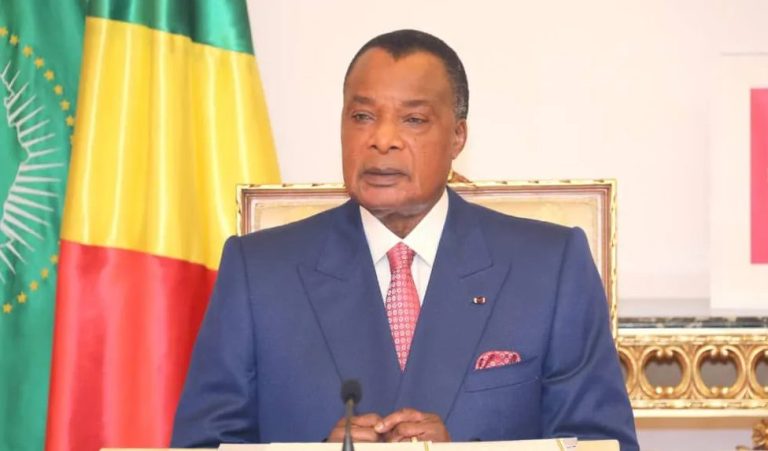
The Loulo-Gounkoto mining site in southwestern Mali, formerly operated by the Canadian company Barrick Gold. © Barrick Gold
Mali’s military government has stepped up its efforts to reclaim control of its lucrative gold industry, moving decisively this week to seize operational reins of the Loulo-Gounkoto gold complex from Canadian mining giant Barrick Gold and launching construction of a new Russian-backed refinery.
On Monday, a Malian court ordered that Barrick’s flagship gold mine – Africa’s largest by output – be placed under provisional administration for six months amid an escalating tax dispute.
Zoumana Makadji, a former health minister and accountant, has been appointed to manage the mine’s operations within a fortnight, according to Judge Issa Aguibou Diallo.
This latest move follows months of mounting tension between the country’s military rulers and Barrick, which has operated in Mali for three decades.
Disputed contracts
The dispute erupted publicly last December when an arrest warrant was issued for Barrick CEO Mark Bristow over alleged unpaid taxes and disputed contracts.
Barrick insists its subsidiaries remain the legal owners of the mine but admits operational control now lies with the state-appointed administrator.
In a statement, Barrick criticised the ongoing detention of some of its local employees, calling it “deeply concerning” and an obstacle to a “genuine long-term partnership”.

The company is pursuing arbitration at the International Centre for Settlement of Investment Disputes while simultaneously negotiating with Mali’s authorities in the hope of a resolution.
Mali is Africa’s third-largest gold producer, yet decades of foreign extraction have left the country struggling with poverty, instability and limited industrial benefits from its vast mineral wealth.
Since seizing power in 2020, Mali’s military government has pledged to reverse that trend by exerting greater sovereignty over its resources.
Russian-backed gold mine under construction
Reinforcing the junta’s ambition, Mali this week also broke ground on a major new gold refinery on the outskirts of the capital, Bamako.
The facility, built in partnership with Russia’s Yadran Group and a Swiss investment firm, will have the capacity to process up to 200 tonnes of gold a year – almost four times Mali’s current annual output.
Speaking at the ceremony, interim president Colonel Assimi Goita hailed the refinery as a crucial step in ending the country’s dependence on foreign refineries in places like the UAE, South Africa and Switzerland.
“This deprives our country of substantial revenues that could be used for the development of its economy,” Goita declared.
The new plant is part of a wider wave of mining reforms sweeping across the Sahel, with neighbours such as Guinea, Niger and Burkina Faso also revising mining codes to boost local processing and value addition.
Mali’s revised code will soon require all gold mined domestically to be refined within its borders.
At the inauguration of the mine’s construction, Yadran President Irek Salikhov said the refinery could become a regional hub for processing gold from neighbouring nations too.
Though no completion date has been set, the project underlines Mali’s shift towards new partnerships, having cooled ties with traditional Western backers in favour of closer links with Russia and other non-Western allies.




